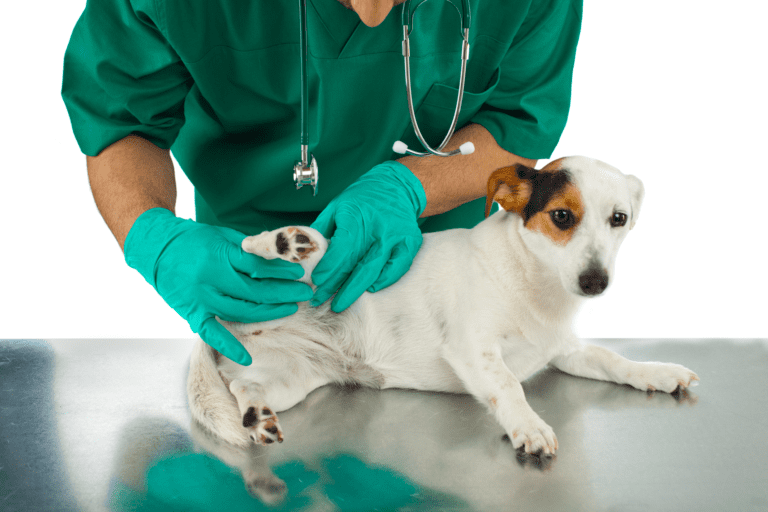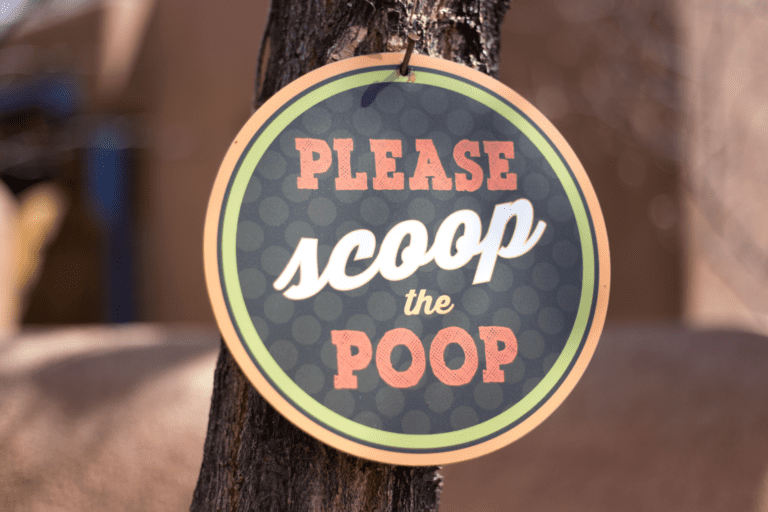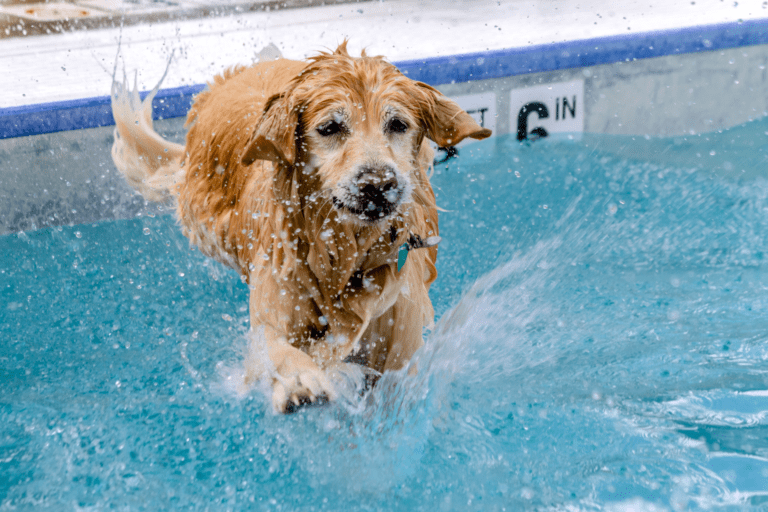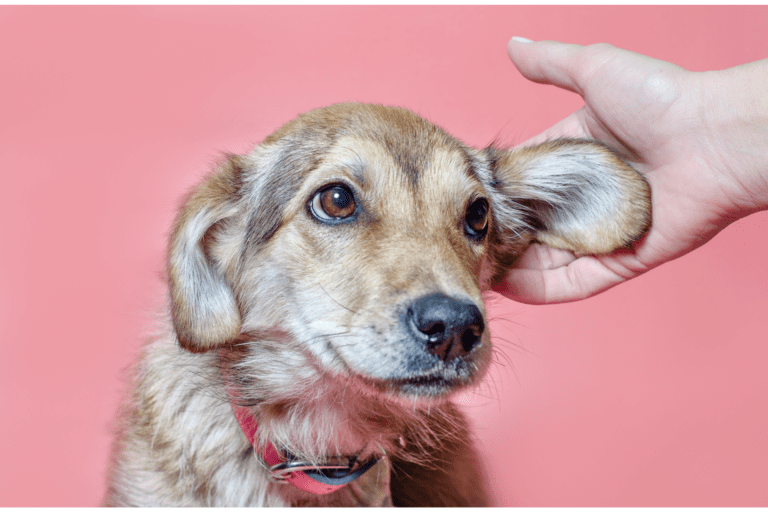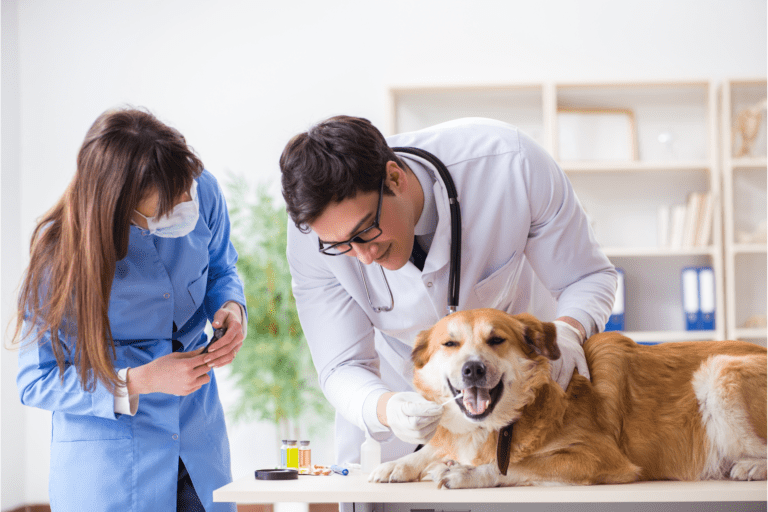Why Is My Dog Constipated?
Constipation in dogs refers to the inability to pass stools regularly or the passage of hard, dry stools. There can be various reasons why a dog might become constipated. Here are some potential causes:
- Dehydration: If a dog doesn’t drink enough water, or loses too much water due to other health issues, the moisture content in the feces might decrease, leading to harder stools that are difficult to pass.
- Ingestion of Foreign Objects: Eating indigestible materials, like bones, toys, hair, or gravel, can cause obstructions in the intestines.
- Lack of Exercise: Regular physical activity aids in bowel regularity. Sedentary dogs might be more prone to constipation.
- Dietary Issues: Sudden changes in diet, or a diet lacking in fiber, might lead to constipation.
- Medications: Some medications can have a side effect of causing constipation.
- Underlying Medical Conditions: Tumors, prostate disease, anal gland problems, or other medical conditions might cause or contribute to constipation.
- Age: Older dogs might be more prone to constipation.
- Holding It In: If a dog avoids defecating due to pain (like from an injury or arthritis) or because they’re in an unfamiliar or uncomfortable environment, it can lead to constipation.
What Can You Do About Dog Constipation?
- Hydration: Ensure your dog always has access to clean, fresh water.
- Dietary Fiber: Adding fiber to your dog’s diet can help. This can be achieved with pumpkin puree, wheat bran, or specialized high-fiber dog foods.
- Exercise: Regular walks and play sessions can promote regular bowel movements.
- Mild Laxatives: Products like Miralax or milk of magnesia might help, but always consult your vet before giving any over-the-counter medications.
- Wet Food: If your dog primarily eats dry kibble, introducing wet food can increase their moisture intake, potentially helping with constipation.
- Veterinary Consultation: If the constipation is severe, persistent, or accompanied by other concerning symptoms, it’s essential to see a veterinarian. They can administer enemas if needed and address underlying causes. Do not administer an enema unless instructed by a veterinarian, as some human formulations can be toxic to dogs.
- Prevent Access to Indigestibles: Make sure your dog doesn’t eat bones, toys, or other objects that can cause blockages.
Remember, occasional mild constipation can be normal, but persistent or severe constipation can be a sign of a more serious underlying issue and warrants a visit to the vet.


